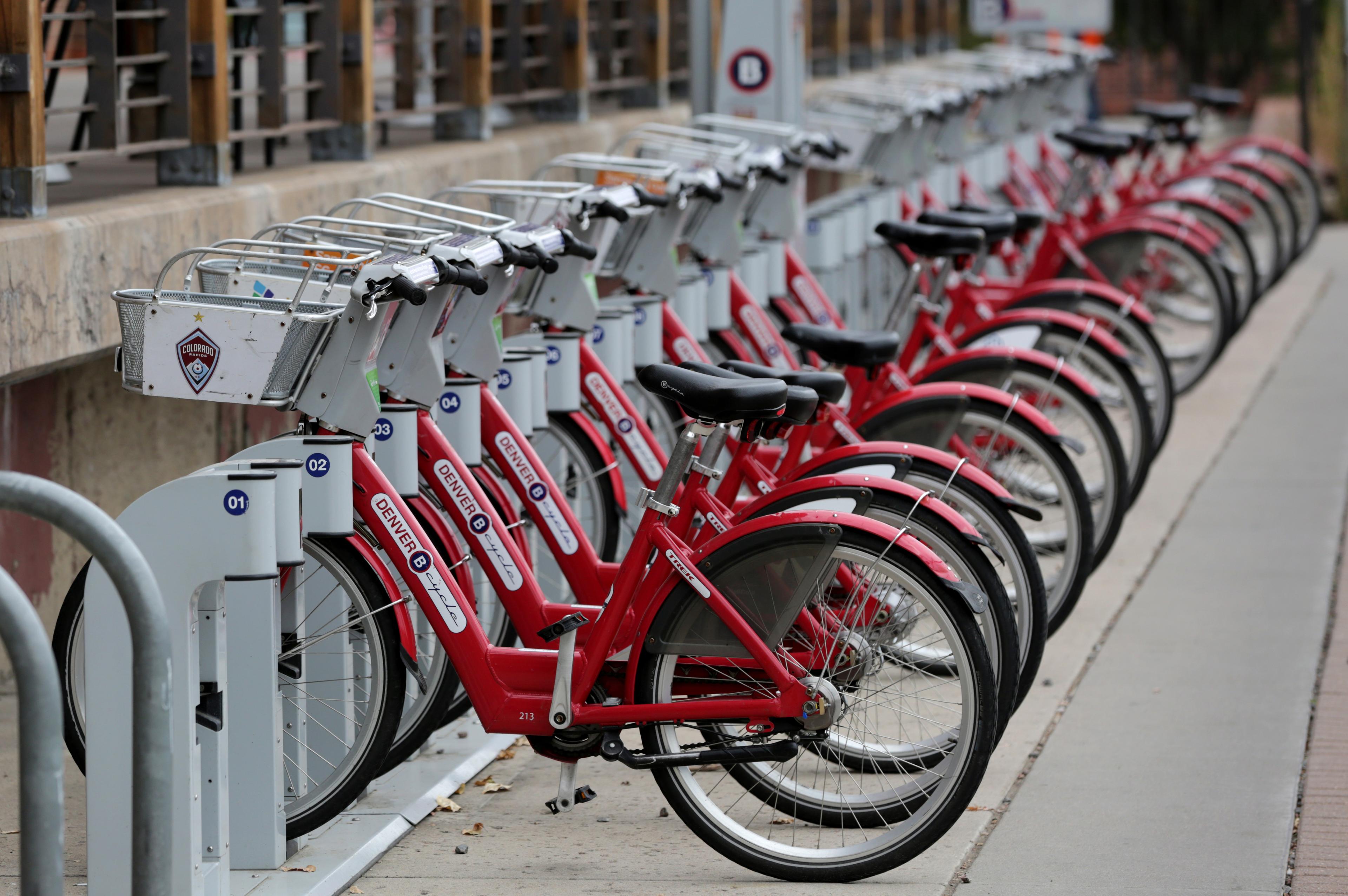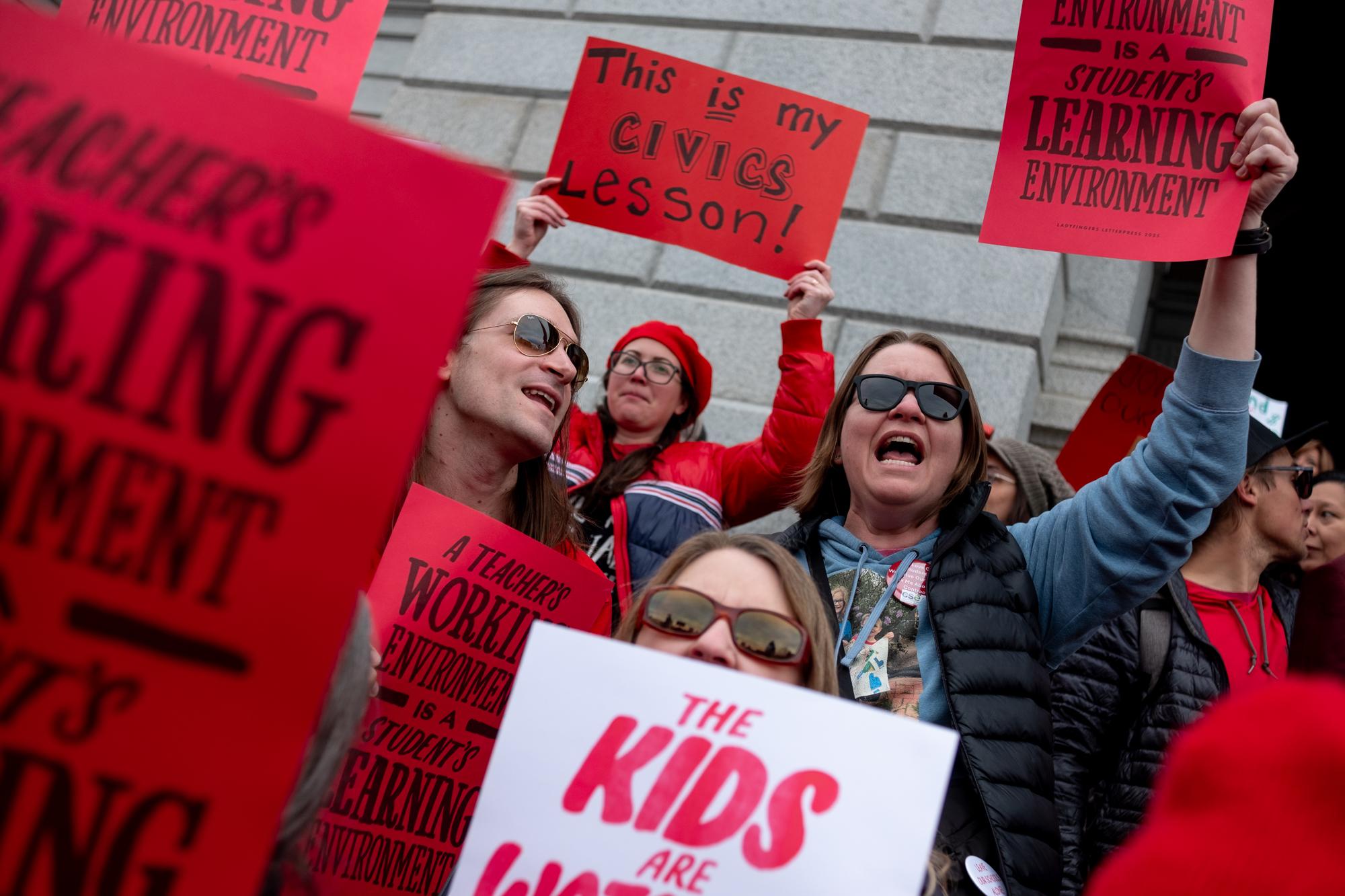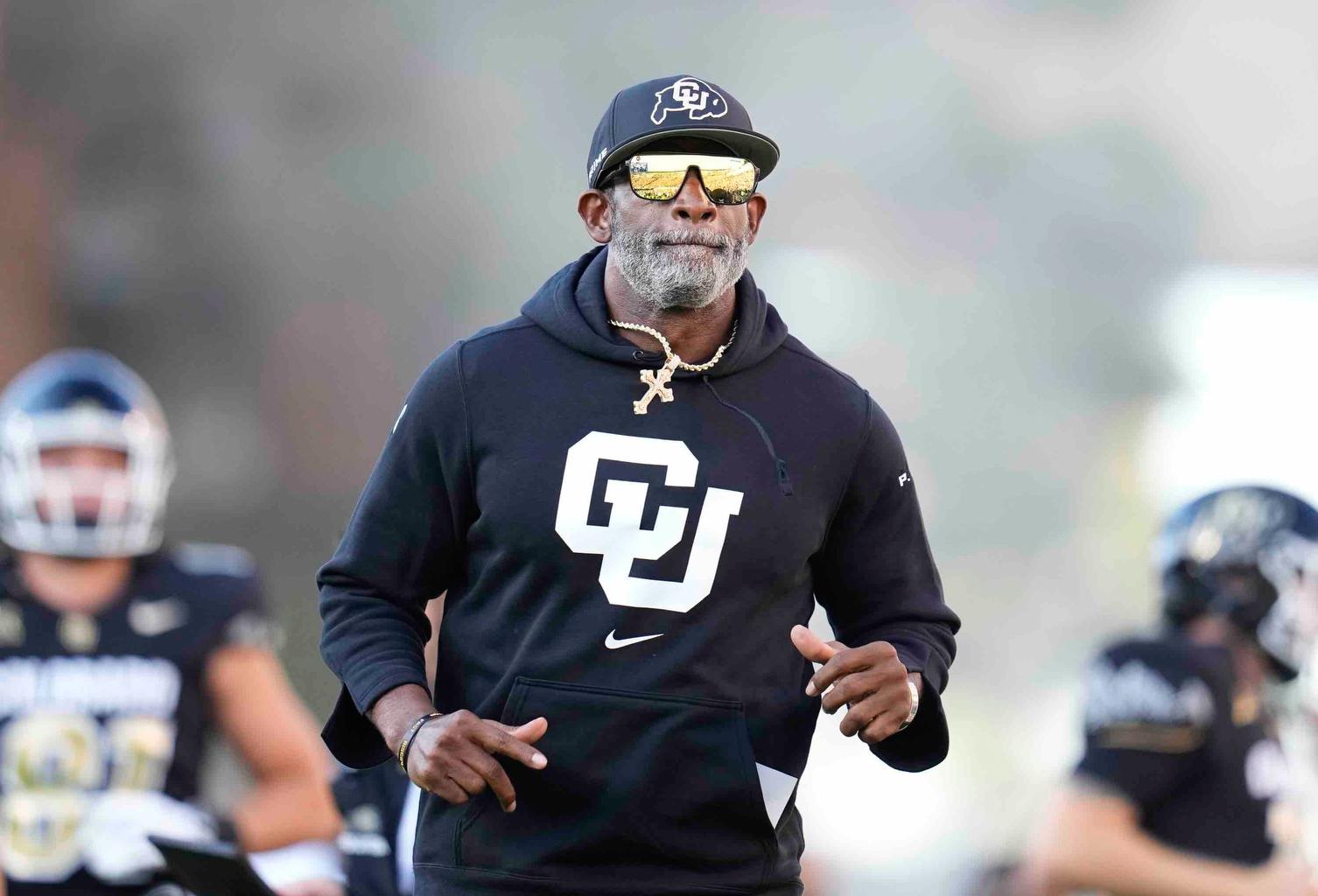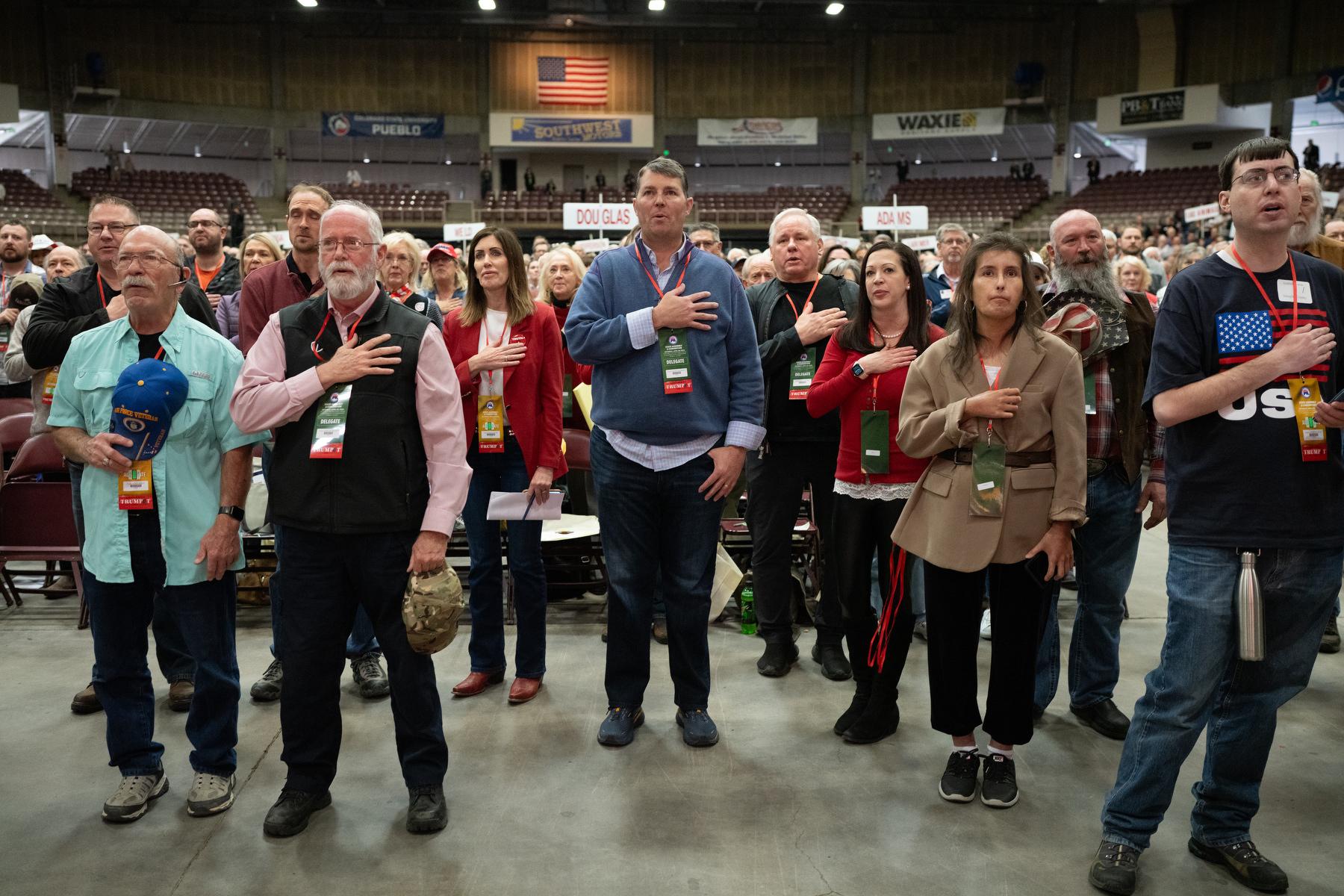

B-cycle met Wednesday with Denver officials to discuss the future of the city-supported bike sharing nonprofit.
Dockless bike and scooter companies have flocked to Denver in recent months. The city has granted permits to several dockless transit companies like Lime and Jump. But B-cycle CEO Mike Pletsch isn't worried.
“We’ve been around for over eight years now, working closely with the community, with the city, with our sponsors, essentially as a transit agency to help get people out of their personal vehicles,” Pletsch said. “Through our community focus, it’s not really competition at the moment.”
B-cycle received $400,000 in subsidies from the city in 2018. The meeting with Denver Public Works started negotiations for 2019’s funding and for more money to expand and improve services.
District 3 City Councilman Paul López is not convinced.
“In city council, there's a general sense that we want to see more support for alternative modes of transportation,” López said. “However, I've been a big critic because of the fact that B-cycle is mainly in areas where it's white and wealthy and not in neighborhoods of color and working-class neighborhoods where transit is a need.”
Any determinations by Public Works would need to be approved by council.
Currently, B-cycle has an annual contract that gets renegotiated every year. Pletsch said B-cycle hopes to score a long-term contract.
”We’re not slowing down,” Pletsch said, adding that B-cycle will continue to evaluate current bike stations to find where there are gaps in service.
López said if B-cycle does not expand in an “equitable” manner in the next year, he will have serious concerns with a 2020 contract.
"I think at the end of the day, we all have the exact same goal of getting people out of cars, reducing the emissions and better serving Denver residents and the tourism altogether," Pletsch said.
Pletsch said the meeting with Public Works “went very well,” but he does not have public comment at this time.









